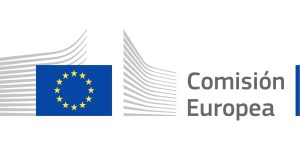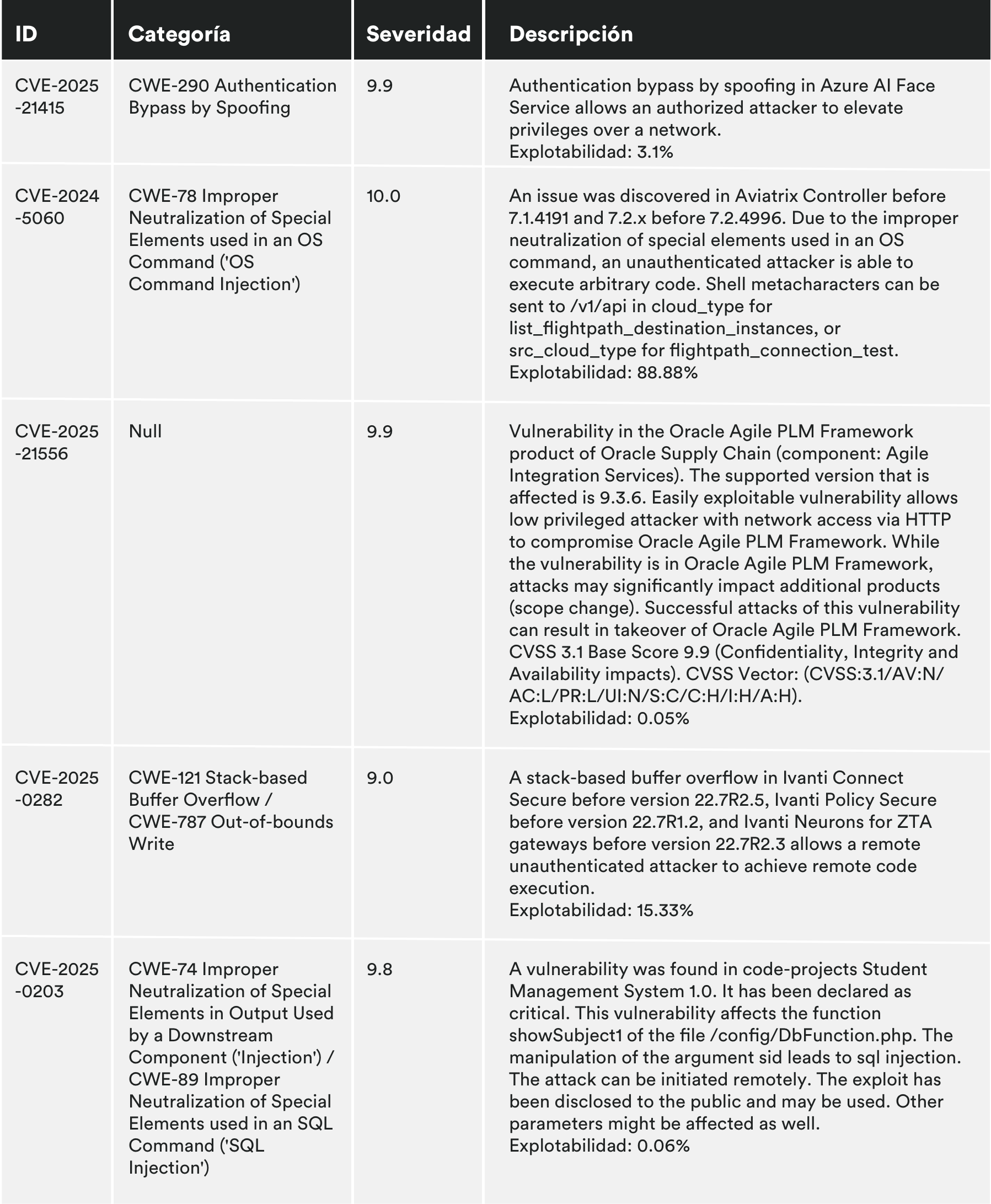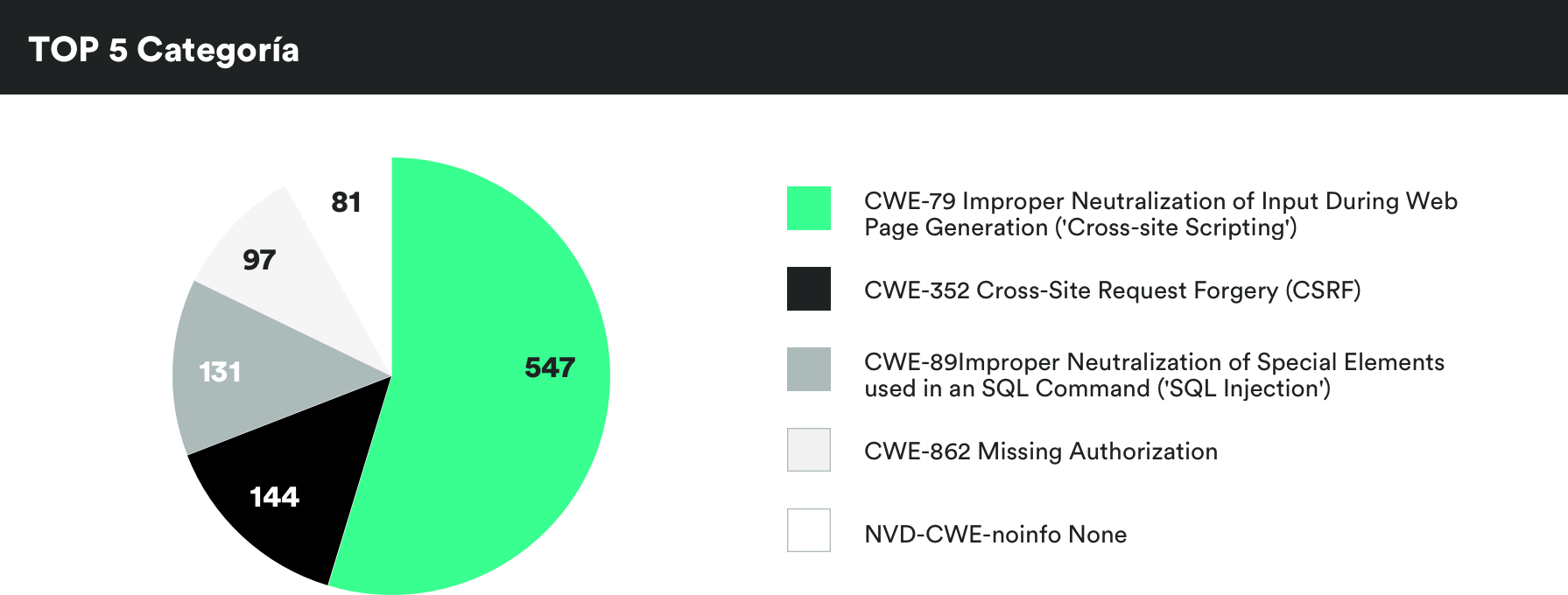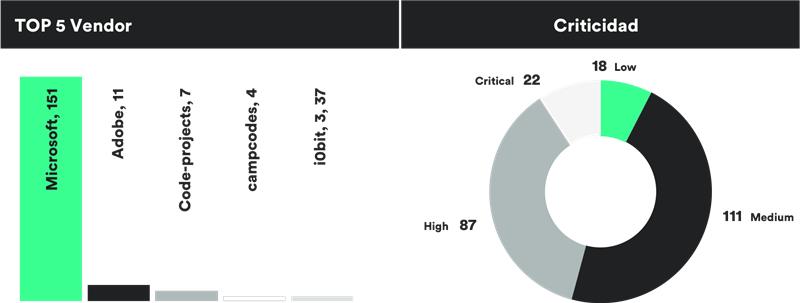 MONTHLY TOP
MONTHLY TOP
 WATCH OUT
WATCH OUT

The Digital Operational Resilience Regulation (DORA) came into effect on January 17, 2025. With this, financial entities in the European Union are required to meet strict cybersecurity risk management requirements and ensure operational continuity in the face of digital incidents.
DORA aims to strengthen the stability of the financial sector by:
✅ Management and oversight of ICT risk in banks, insurers, and other key players.
✅ More stringent cybersecurity standards to assess and mitigate vulnerabilities.
✅Control of technology providers, ensuring that third parties are not a security breach.
his regulation marks a turning point in the regulation of the financial sector in Europe, but its impact could extend beyond borders. As governments look to strengthen digital security in strategic sectors, other markets should stay alert: similar regulations could be implemented soon in Latin America and other regions.
 FEATURED NEWS
FEATURED NEWS

The Commission presents an action plan to protect the healthcare sector against cyberattacks
The initiative is an important step towards protecting the healthcare sector from cyber threats. By improving the detection, preparedness, and response capabilities of hospitals and healthcare providers in the face of threats, it will create a safer and more secure environment for patients and healthcare professionals.

Microsoft Teams will activate alerts against phishing and impersonation
Microsoft has announced that its new feature for protecting against impersonation and phishing in Microsoft Teams will be available to all users by mid-February 2025. This new tool will be automatically activated without the need for configuration by administrators.

Interconnected Supply Chains: The Biggest Risk to Business Cybersecurity
Corporate cybersecurity faces a significant challenge due to the growing interdependence of supply chains, according to a recent report by the World Economic Forum. The concern lies in the fact that organizations must not only protect their own systems but also manage the risks posed by their partners and suppliers.
 MONTHLY VULNERABILITIES
MONTHLY VULNERABILITIES



 DEBUNKING MYTHS/CURIOSITIES
DEBUNKING MYTHS/CURIOSITIES
"Investment in cybersecurity has no return"
In a world where cyberattacks are becoming more frequent and sophisticated, protecting organizations is not just a technical issue, but also a strategic one. However, there is still the perception that cybersecurity is an expense without tangible returns.
Nothing could be further from the truth: the average cost of a data breach exceeds $4.45 million, according to reports, not including reputational impact or operational disruptions.
Where is the return?
- Loss Prevention: Advanced tools like EDR detect threats before they cause irreparable damage.
- Regulatory Compliance: Being aligned with regulations helps avoid significant penalties.
- Operational Continuity: A fast detection and response strategy ensures that critical operations are not affected.
- Customer Trust: Protecting sensitive data strengthens relationships with customers and partners.
Cybersecurity is not an expense; it is an investment that protects the resilience, reputation, and key assets of your organization.
 TIP OF THE MONTH
TIP OF THE MONTH
New year, new threats... and the same need to stay one step ahead. In 2025, cybersecurity can't just be a contingency plan; it must be a strategy integrated at every level of the organization.
